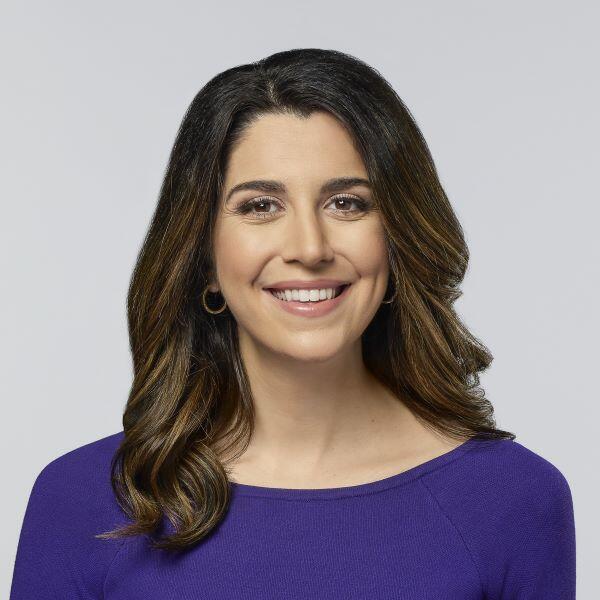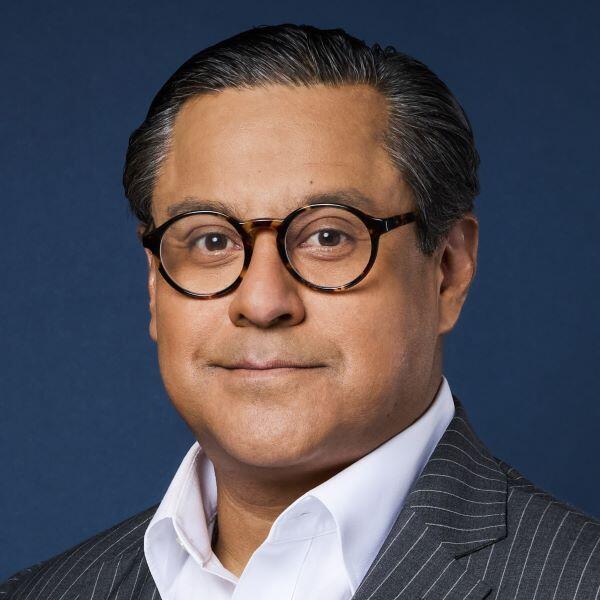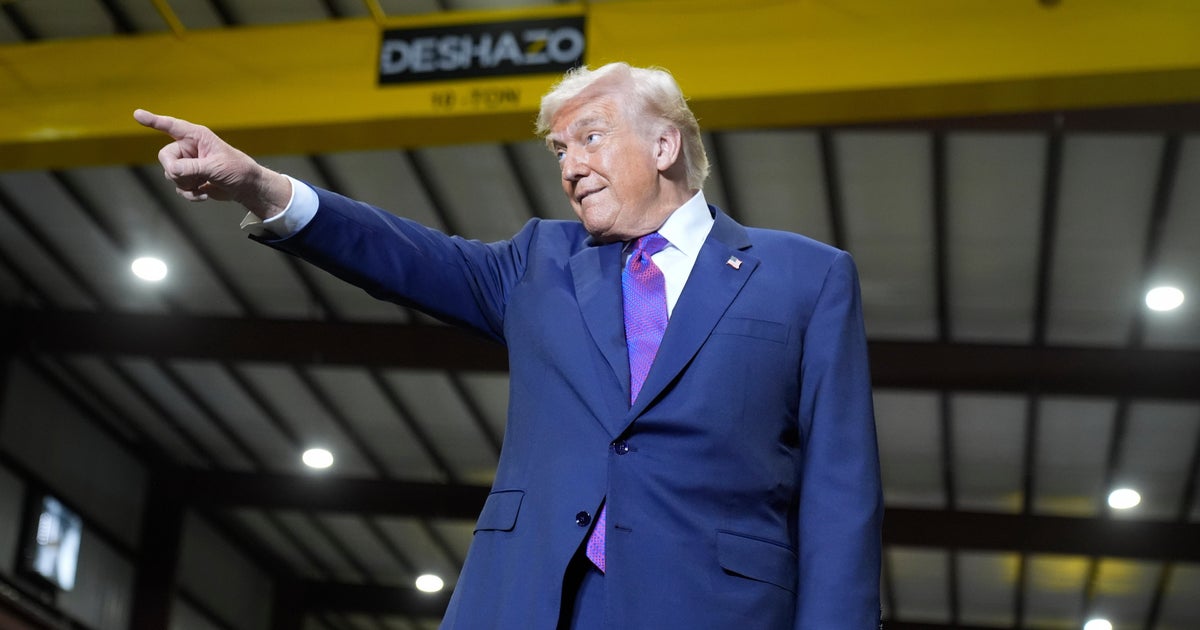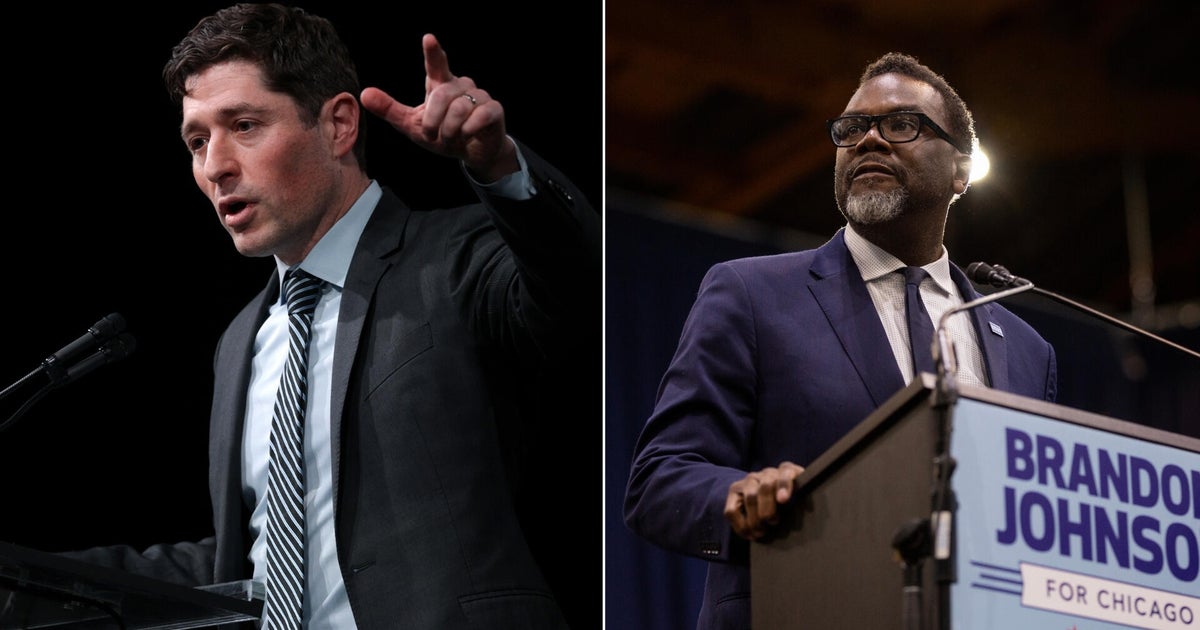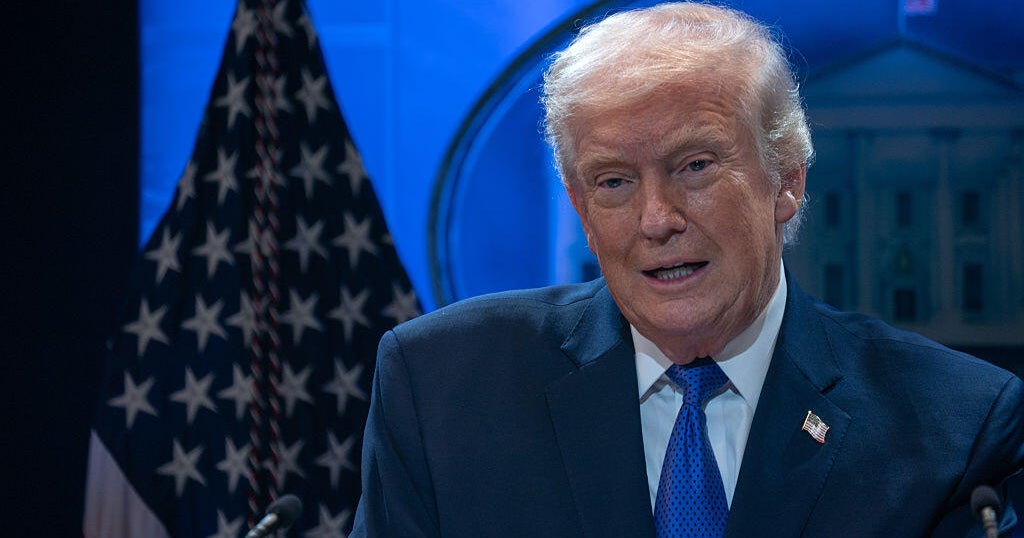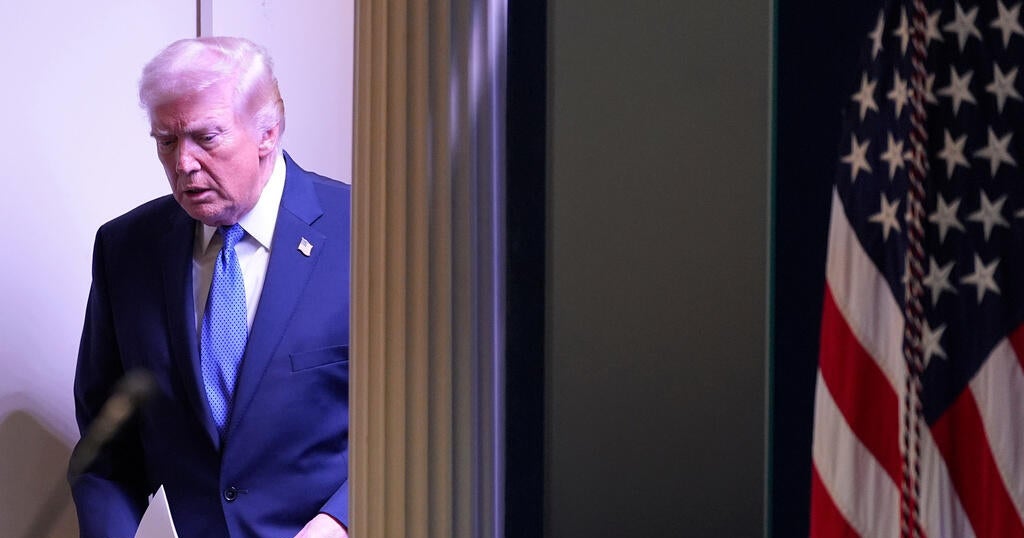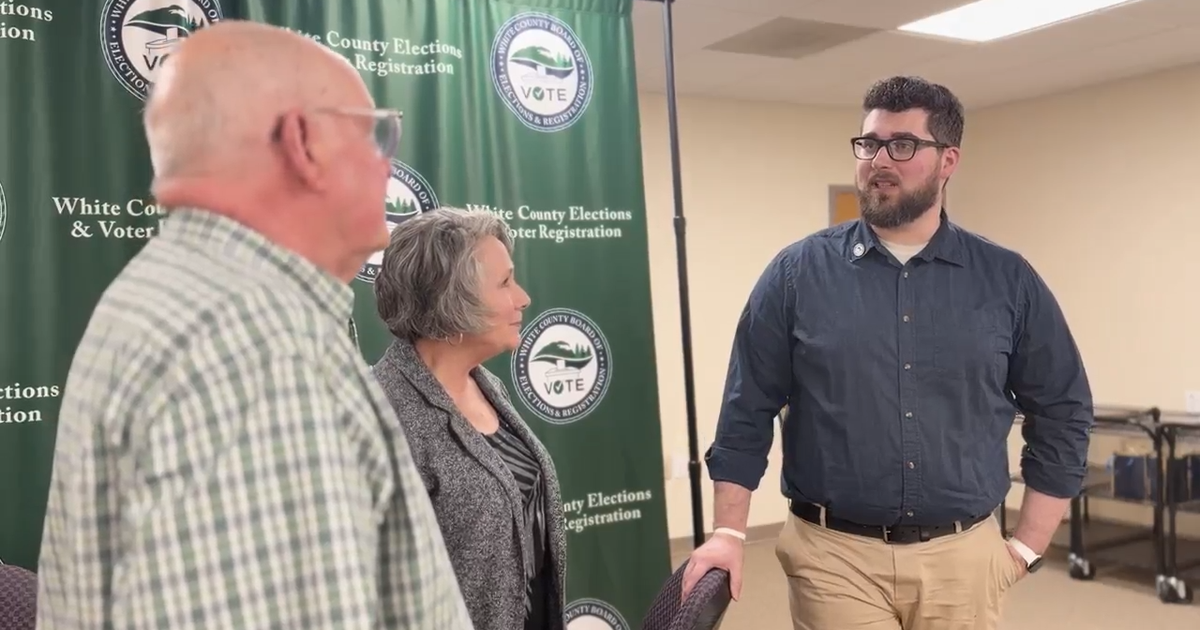Trump may not attend arraignment in Fulton County
Washington — Former President Donald Trump may not show up to his arraignment in Georgia next week, according to two sources familiar with his plans.
Trump is considering waiving his arraignment appearance, which is scheduled for the morning of Sept. 6, the sources told CBS News. He is charged with 13 felony counts related to an alleged scheme to overturn the results of the presidential election in Georgia.
What is a waiver of arraignment?
Fulton County Superior Court allows defendants to appear virtually for arraignments or waive their right to appear at all. Instead, a defendant's attorney would enter a not guilty plea in writing.
Several of Trump's 18 co-defendants have already waived their formal arraignments and entered not guilty pleas, excusing them from appearing in person.
Trump has not yet filed a waiver of arraignment with the court.
It would be the only time Trump did not appear in person for his arraignment in the four criminal cases that have been brought against him this year.
The former president, who has denied any wrongdoing, surrendered last week at the Fulton County jail after he and 18 others were accused of participating in a "criminal enterprise" that aimed to reverse his loss in Georgia's 2020 presidential election.
What are the other cases against Trump?
The indictment alleged Trump and his co-defendants schemed to overturn the election results, which included making false statements to state legislatures and state officials; creating fake Electoral College documents and recruiting supporters to cast false votes; harassing a Fulton County election worker; and "corruptly" soliciting senior Justice Department officials and then-Vice President Mike Pence.
Trump has been charged in two federal cases, one involving his handling of sensitive government documents and the other related to his alleged attempt to stop the transfer of power after the 2020 presidential election. He was also charged in New York for allegedly falsifying business records related to "hush money" payments to conceal damaging information before the 2016 election. He has pleaded not guilty in those three cases.
